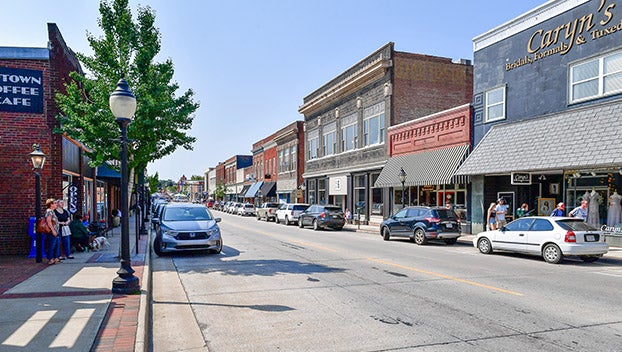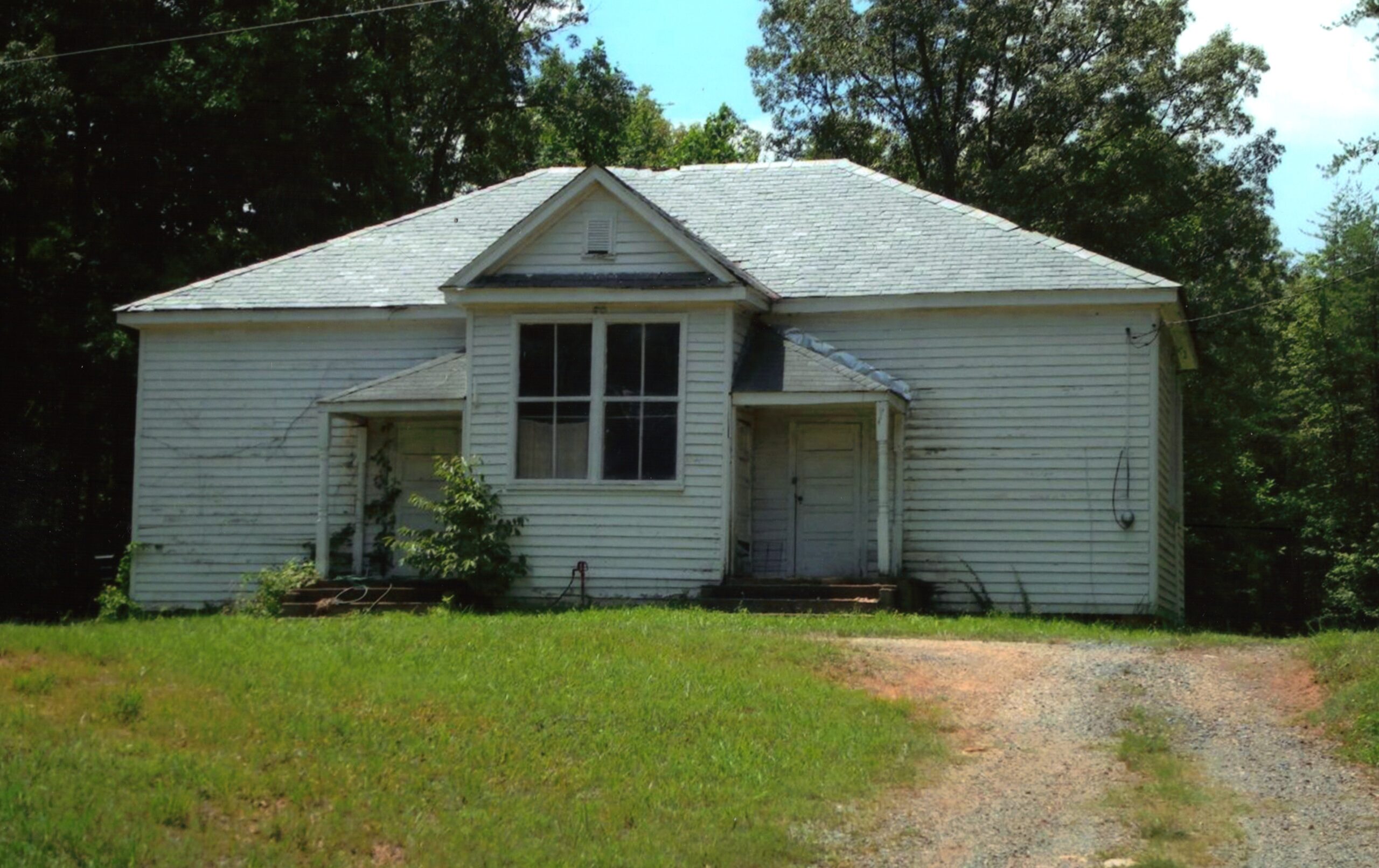How do you bring in business? Farmville staff proposes rule change
Published 2:28 am Wednesday, January 18, 2023
|
Getting your Trinity Audio player ready...
|
FARMVILLE – The Town of Farmville staff have heard the requests. Residents have a list of things they want to see happen. They want more options in a number of different ways.
“We hear from citizens,” said Town Manager Dr. Scott Davis. “They want another grocery store. We hear they want different restaurants. We also have heard that there is a need for diversification in housing. Not everybody wants a single family home or an apartment. We don’t have condos. We don’t have townhomes.”
But there’s a catch. In order to get those things, it’s not as simple as just picking up the phone and making a call. To move into an area, companies need to have some questions answered.
Trending
“You know, a lot of that when a developer is coming, it’s about income levels and rooftops,” Davis said. “(They look at) the number of people that will be visiting those areas.”
Multiple studies back that up. In their paper “How Underserved Areas Attract Grocery Stores”, media research firm Buxton spells out that a company examines the population, visibility, the amount of traffic that goes by specific sites and local competition when considering a move into a new area. Does the company believe there’s enough people who will routinely visit the store to make expansion worth it?
A 2016 study by the University of Minnesota and a 2019 study by New York University echo that. And beyond population numbers, “two of the most frequently reported challenges are the lack of suitable sites and the higher development and operation costs in unproven locations,” the Buxton study says.
Namely, do the developer’s plans fit in an area’s approved uses for specific sites? And if not, how much will it cost to make it fit? For Farmville, staff members believe there’s a solution called planned unit development.
What is planned unit development?
Speaking to the Farmville Town Council during their Wednesday, Jan. 11 meeting, staff members said they have talked with developers who wanted to build a project in town, but were unable to because of current development rules.
Farmville Director of Community Development Lee Pambid said his office has talked with five developers “where we’ve received certain requests for information on certain concepts not currently enabled in the zoning ordinance.”
Trending
A planned unit development, both Pambid and Davis said, gives developers a bit more leeway.
“A developer can come in and propose a concept that doesn’t necessarily comply with the bulk regulations,” Pambid said. “They present this master plan to the planning commission and the town council. That’s something you would get to review and that sets the table for the public hearings that would need to be held for site plans (or) subdivisions.”
Right now, Pambid said, the current ordinance almost demands a suburban style of development. That translates into large lots with larger single family homes. But when you’re trying to recruit new teachers, new college graduates and other younger residents, they often can’t afford a property like that. And at the same time, they don’t always want to live in apartments. They want other alternatives.
Planned unit development can be a community of single family homes, townhomes or condos, as well as a mix of commercial real estate like retail stores, restaurants and other shops. The idea is that’s one way to recruit restaurants, grocery stores or other items, by including them in a planned development.
“A planned unit development can give you the opportunity to create more rooftops and commercial development, potentially all in the same development,” Davis said. “Or it could just be a mix of housing. This type of development allows us to have another type of tool in the toolbox to say yes and to attempt to attract development in Farmville. It creates revenue. It creates real estate tax revenue, it creates meals tax revenue. If the goal is for us to enhance our community and have another tool to do that, that’s what this is.”
How Farmville staff say it would work
Before even coming for consideration, the developer would have to do studies detailing things like how the plan would affect traffic, water and sewer and how many students it would add to local schools.
“There have to be studies and justifications associated with this,” Pambid said. “This isn’t a blank check for developers to just come in and do what they want. This is something that would require multiple public hearings to approve.”
And it doesn’t have to be a massive complex. This could apply to something as small as one home. Let’s say you buy a house and decide that you want a porch kind of close to the sidewalk. Pambid said under current regulations, that’s not allowed. So, if this idea is approved, the land owner would be able to apply for a PUD permit.
“This is something that would enable us to provide a little bit of flexibility while retaining control of what the layouts would eventually be,” Pambid said.
The staff detailed multiple places in town where planned unit developments could make sense. One is the area of South Main Street and Clark Street, down by the Sheetz gas station. Another is the Sunchase area, with a possible front on East Third Street but behind the hotels. A third involves Merriwood Farms Road, in the area around and behind Walmart.
No votes coming yet
Now the Jan. 11 presentation was just that. There were no votes taken on the subject. And council members had plenty of questions.
“My general feeling is I’d like more information before I’m willing to go forward,” said council member Sallie Amos.
She referred back to last month’s Planning Commission meeting, where questions were also raised about the concept.
“What are we trying to solve here?” she asked. “What are the developers trying to ask of Farmville that we can’t solve without a PUD ordinance right now? What kind of inquiries are we getting?”
Mayor Brian Vincent said this sounded similar to Virginia Gov. Glenn Youngkin’s “Make Virginia Home” plan in some ways, as both seem to be attempts to strip some of the red tape away and make Farmville more amenable to development.
“This seems like a step in that direction,” Vincent said.
However, he pointed out that this is a long way from coming before the council for a vote of any kind.
“This is just a presentation, the debates on the merits of this are still to come,” Vincent said. “We have quite a ways to go.”






